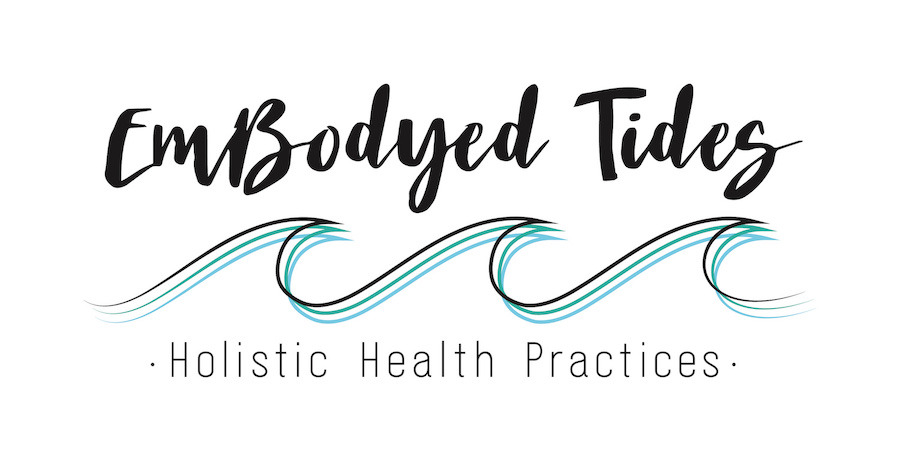Profanity. Love it or hate it, you’ve probably heard it, and I guarantee you most definitely have been using it. No, I’m not talking about the S-word or F-word or any other X-pletive you might have chosen to call out after stubbing your toe, or getting into a heated argument. I am talking about one of the most common curse words we encounter in the English language: should. The dreaded, should. By definition, the word elicits a fairly negative connotation: “to indicate obligation, duty, or correctness, typically when criticizing someone’s actions.” Think of how often this word arises in your vocabulary. Better yet, track it. Give it one day and count how often you either say it yourself, or hear it from those around you. Then, if you dare, consider the context under which the ‘should’ arises, and you might begin to understand why I label it a superfluous, curse word.
When in session, and I hear a client start their narrative with “I should ….” I try, in a most empathetic way, to stop them as soon as possible. (Really, in a kind fashion.) In helping someone revise the story they have been telling themselves, we work on reframing ‘shoulds’ with other useful words that inflect a more empowered meaning and motivation towards their goals. At times it is, “I might …” and then, “I will …” In my opinion, I think it even does someone better when they put out into the world, “I guess I could …” instead of ‘should.’ Who after all is guiding our indication of anything that we move towards? That’s right, it’s us! (More to come in future posts about how much we actually control…but I digress). And by no means does that collective ‘us’ imply that we must live up to others’ ideals or standards; rather we can decide that in each present moment, we are taking on the great responsibility and honor in living authentically.
“I should be a better mom to my kids like my other friends.”
“We should be nicer to each other after a long day at work.”
“I shouldn’t eat this doughnut if I want to fit into my bikini this year!”
The idea here, is that we’re kicking ourselves when we’re already on the way down. Of course, goals are important and a part of healthy, active living from a physical and psychological standpoint. Though when comparing yourself to where you ‘should’ be, little room is left for any encouragement that might sustain affirmative outcomes of your next-step actions or accomplishments. You might have heard about the Law of Attraction, a concept popularized during the late 19th century which supports that whatever desires and expectations we most dominantly and energetically ask for from the universe, comes back to us. This concept traces further back in other philosophies and traditions – the notion that ‘like becomes like’ can serve emotions, relationships, and other such tangibles.
Beginning perhaps with a shift: “We will make a concerted effort to be nicer to each other at the end of a long day.” Or, “I guess I could skip eating the doughnut this time knowing my fitness goals for the season.” In either statement the narrator is no longer a victim to his/her own criticisms. Rather, there is opportunity to promote accountability and empowerment in the same sentiment. How about we promote the best chance possible in receiving desirables (be them concrete or not) and forget shoulding all over ourselves? As with developing a consistent habit, you may be pleasantly surprised when the fluidity of your self-talk is more smooth and positive. Though what a lovely change!
